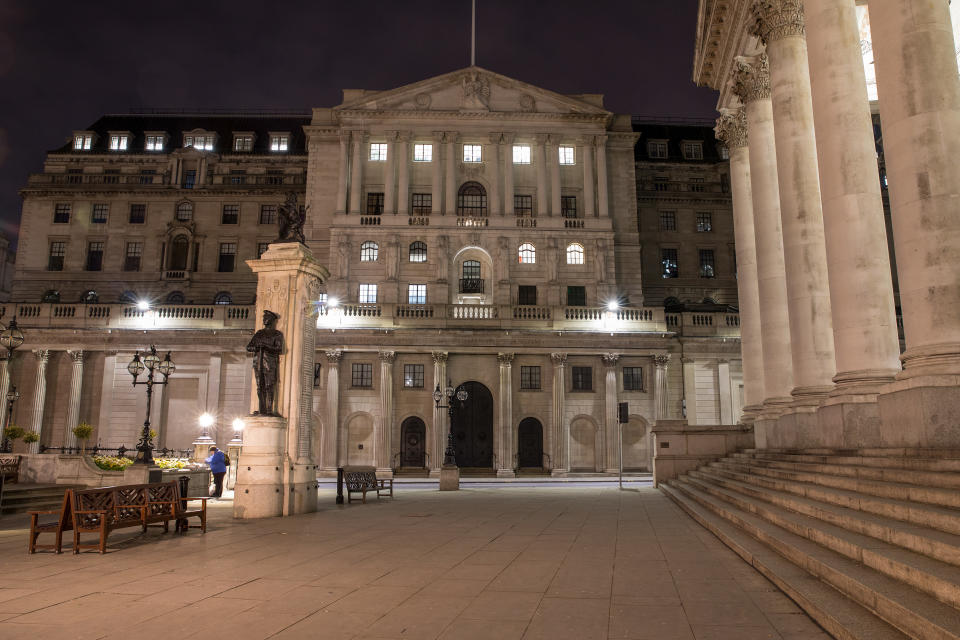Britain launches its search for next Bank of England governor

UK chancellor Philip Hammond has announced the start of the process to appoint the next Bank of England governor.
Mark Carney, who has been in the role since 1 July 2013, is set to step down on 31 January 2020. Britain was meant to leave the European Union on 29 March this year but that date has been delayed until at least 31 October 2019.
“In today’s rapidly evolving economy the role of Governor is more important than ever,” said Hammond, in a statement.
“Finding a candidate with the right skills and experience to lead the Bank of England is vital for ensuring the continuing strength of our economy and for maintaining the UK’s position as a leading global financial centre.”
The role of governor includes chairing the central bank’s three main policy committees, which oversee monetary, financial, and prudential policy in the UK. The governor also represents the central bank internationally, including at the G7, G20, Bank for International Settlements and the International Monetary Fund.
UK politicians have urged the Bank of England to work harder to appoint a woman.
Labour MP Rachel Reeves, who chairs the business select committee and who was an economist at the Bank of England before becoming a politician said: “We’ve had two women prime ministers and yet have had no women chancellors or Bank governors.
“The sad truth is that the Bank has not done enough to recruit, train and promote talented women. More needs to be done to bring forward a generation of women economists who can be considered for the top job.”
So far, the front runners are men. Analysts say that the most likely successor is former deputy BoE governor, Andrew Bailey. Ben Broadbent and Dave Ramsden, deputy governors for monetary policy and for markets and banking respectively, are also front runners.
Meanwhile, the Bank of England has a diversity problem. This week the central bank admitted that it is not on track to meet its diversity targets for senior posts by 2022.
Current strategies to make the bank more reflective of modern Britain appear unlikely to achieve one key aim, which is to ensure 13% of senior figures are from black and minority ethnic (BAME) backgrounds by 2022.

 Yahoo Finance
Yahoo Finance 
